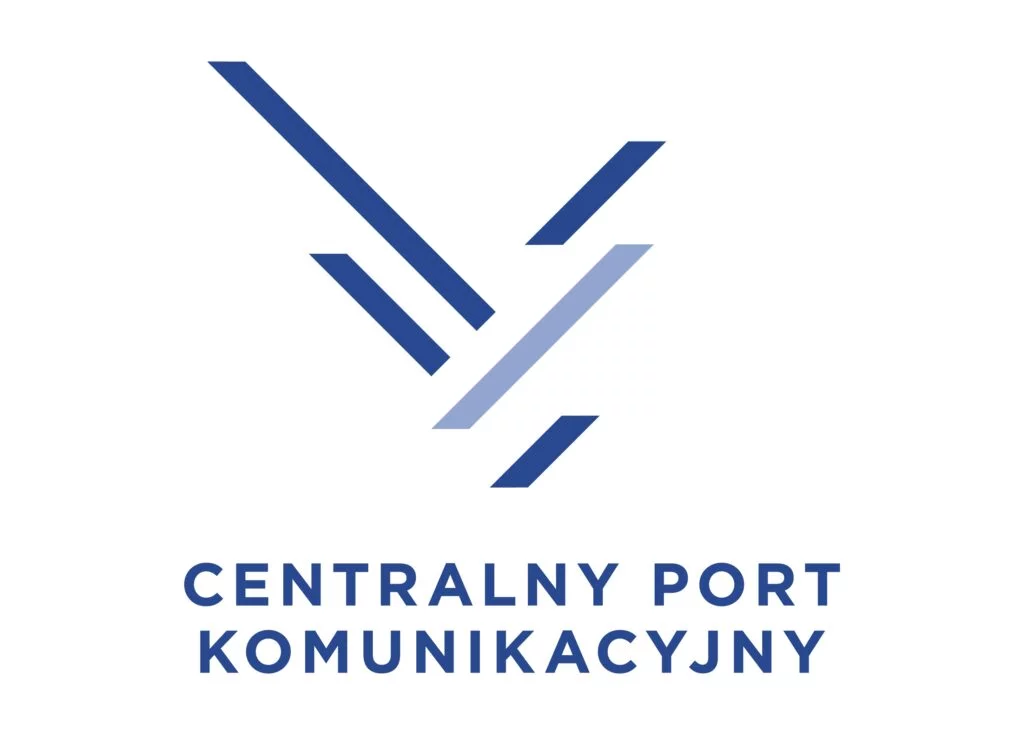The decision to withdraw from collaboration with the Vinci Airports and IFM consortium has sparked a wave of comments in the aviation industry. The Central Communication Port (CPK) company announced that Polish Airports State Enterprise (PPL) will serve as the strategic investor for constructing the mega airport. This move comes as a surprise, especially given earlier statements emphasizing the necessity of involving an entity experienced in managing large global airports.

Dependence of CPK investment on the State Treasury
Experts highlight that this decision could increase the dependency of the investment on the State Treasury and Polish financial institutions. While Polish capital in such a large undertaking sounds promising, concerns are being raised about the limited capacity to guarantee the significant funds needed in the early stages of the project. Advocates of partnering with the Vinci and IFM consortium worry about the profitability and timeliness of the project’s implementation.
CPK, however, asserts that collaboration with PPL will ensure coherence in managing Poland’s most critical infrastructure projects. According to company representatives, this model will facilitate better integration of the airport with the national rail and road network. Under the plan, PPL will invest PLN 9 billion in exchange for a 49% stake in CPK-Airport.
Investment and financial implications
The scale of the challenge is reflected in figures presented by Maciej Wilk from the “YES for CPK” association. According to his analysis, PPL’s EBITDA in 2023 amounted to PLN 555 million. For an airport industry company, this translates to a credit capacity of merely PLN 3.3 billion, assuming optimal financing conditions. Wilk also notes the company’s equity value, estimated at around PLN 5.8 billion.
These figures fall significantly short of the tens of billions of zlotys needed for the full implementation of CPK. This raises the question of whether PPL, a State Treasury company, can shoulder such substantial financial risks. Securing public assistance or other forms of support will be essential, which may provoke reactions from the European Commission and potential proceedings regarding unlawful state aid.
Wilk warns that this could result in significant delays to the construction of CPK, potentially by up to two years. Formal procedures before EU bodies are time-consuming, and in large infrastructure projects, every month directly impacts costs and profitability.
Expert’s sharp critique
Maciej Wilk is vocal in criticizing the decision to abandon an international partner. He argues that PPL lacks both the financial capacity and industry experience to effectively carry out such a massive project without additional guarantees. According to the expert, the “realignment” of CPK’s plans by the current administration could cost the state budget an additional PLN 9 billion, along with further billions in higher debt financing costs.
Wilk emphasizes that a financial structure where both main entities (CPK and PPL) are controlled by the State Treasury could erode trust in capital markets. Consequently, the cost of raising funds for the investment would increase, and the project’s credibility on the international stage would be undermined. This could lead to further potential delays and an increased risk of the entire venture failing.
The president of the “YES for CPK” association notes a recurring pattern in Poland, where large infrastructure projects begin with enthusiastic announcements but eventually become bogged down in organizational and financial difficulties. In his view, withdrawing from an experienced foreign partner represents a step backward that could cost Poland valuable development opportunities.
Conclusions and possible scenarios
Observers of the aviation market are now awaiting CPK’s response regarding its future financial plans. Despite the withdrawal of an external partner and undeniable concerns about PPL’s financial condition, the government remains confident that CPK will play a key role in Poland’s transport development. Supporters argue that strong backing from the State Treasury should suffice to complete one of the largest infrastructure projects in this part of Europe.
However, questions remain about whether Poland can avoid accusations of unlawful state aid. If the European Commission finds that project financing violates EU regulations, construction may face significant delays. This would not only increase costs but also risk other investors withdrawing due to regulatory instability.
The project’s fate will also depend on the dynamics of the aviation market. Demand for new hubs and increased capacities may rise, particularly if global economic conditions stabilize in the coming years. However, if turbulence persists and costs continue to grow, the CPK project could stray even further from its original objectives.
Source: https://ekspert-bankowy.pl/spolka-cpk-rezygnuje-z-zagranicznego-inwestora-ostra-reakcja-eksperta/
